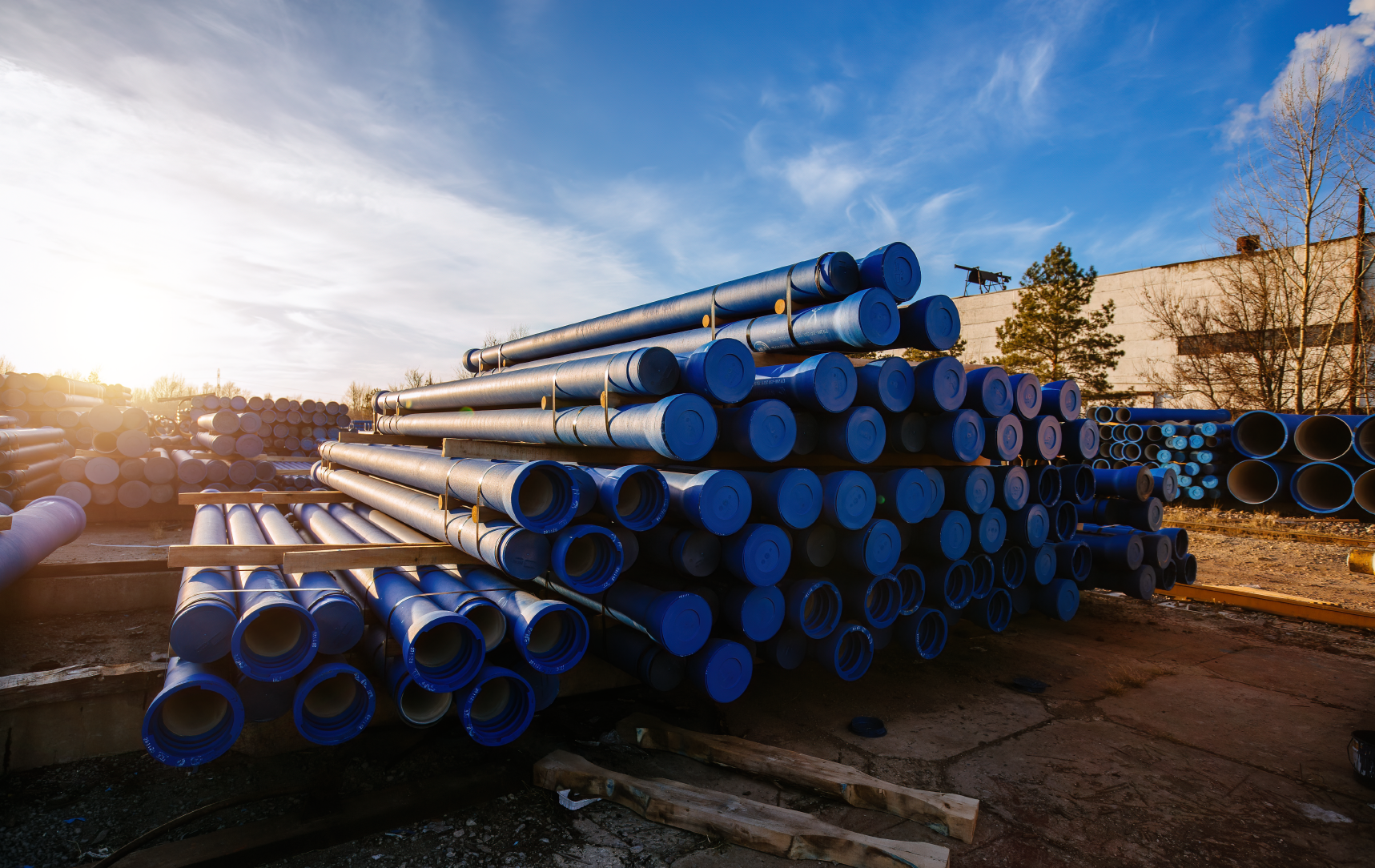When you protect your equipment, you can avoid service downtime and potential malfunctions. And since rust inhibits normal function, corrosion prevention is used to maintain the safety, reliability and effectiveness of the equipment. However, there are common misconceptions when it comes to corrosion prevention.
-
“Stainless steel is never affected by corrosion.”
No – in fact, most metals can corrode. It is assumed that stainless steel does not corrode because it has a protective layer that makes it resistant. However, it can and will rust in certain conditions, it is just slower to corrode.
-
“Corrosion only occurs in particular seasons.”
This is incorrect. Rust is less likely to occur within hot, dry climates, unlike a humid or wet climate, which means it can happen all year round, and due to a number of factors.
-
“Solvent-based anti-corrosion coatings are better than water based.”
No. The only difference is that solvent based corrosion coatings are solvent-based and water-based are water-based. You just have to ensure that you have a procedure that allows the part or asset to be fully cleaned and dry prior to application
One of the benefits of using water-based coatings, such as Vincit 640, Vincit 650 and Vincit 120, is they produce fewer volatile organic compounds (VOCs), which means they have less environmental impact compared to solvent-based anti-corrosion coatings.
-
“Anti-corrosion coatings are expensive.”
Incorrect. It’s better to have something in place now to prevent anything going wrong in the future. OCTG can be susceptible to corrosion, which makes them less durable and more unreliable. If corrosion occurs, not only could this be costly to fix, but it could also affect the equipments’ intended purpose, the environment, and the safety of workers. Therefore, anti-corrosion coatings act as insurance for equipment in the long-term, increasing durability, and saving you money.
-
“If I use a corrosion-resistant material, there’s no need for corrosion protection.”
Unfortunately, the majority of metals are susceptible to rusting or oxidising in the right environment. Note point 1 above: “Stainless steel is never affected by corrosion.”
-
“Pipes do not need prepping before using coatings.”
If you fail to prepare, you prepare to fail. OCTG coatings won’t work or adhere properly if the pipe isn’t cleaned and prepared correctly. You can prepare your pipes with processes such as shot blasting or wire brushing to remove any existing corrosion cells and create the bright steel needed for effective coating adhesion. You should always aim for steel industry standards such as SA 2½, to help define the quality of finish and ensure the surface is ready for coating application.
The main thing to take away from this blog is that prevention is better than cure. With AGMA’s solvent-based coatings Synergen 501 and Synergen 718, and water-based coatings Vincit 640, Vincit 650 and Vincit 120, you can ensure corrosion is prevented – increasing durability, longevity and efficiency, the safety of your workers and the environment, as well as saving yourself money.
Want to know more about our range or get additional information? View our products.


